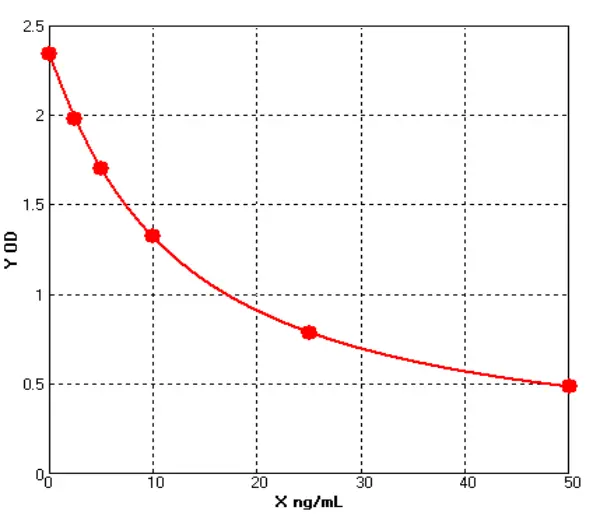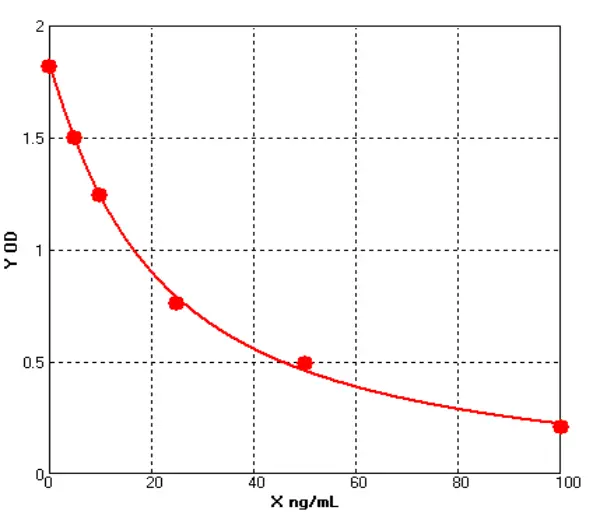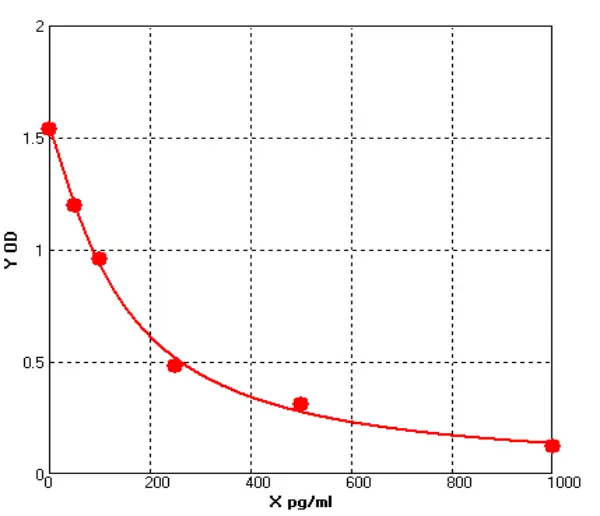The Role of Angiopoietin-2 in Cardiovascular Diseases
Angiopoietin-2 (ANG-2) is an important endothelial cell regulator involved in the control of angiogenesis and vessel stability. Recent studies have found that ANG-2 plays a significant role in various cardiovascular diseases. The use of the ANG2 ELISA allows for accurate measurement of ANG-2 levels in plasma, providing new insights for early diagnosis and prognosis assessment of cardiovascular diseases.
ANG-2 and Hypertension
Hypertension is a common cardiovascular disease closely related to endothelial dysfunction. Angiopoietin-2 plays a crucial role in this process. ANG-2 affects vascular wall stability, leading to inflammatory responses and remodeling of blood vessels, thereby promoting the onset and progression of hypertension. By using the ANG2 ELISA, researchers can measure plasma ANG-2 concentrations and assess its association with elevated blood pressure. ANG-2 levels are often higher in hypertensive patients, indicating that ANG-2 may play a role in blood pressure regulation.
ANG-2 and Atherosclerosis
Atherosclerosis is a major cause of cardiovascular events, and endothelial dysfunction is one of its early manifestations. Angiopoietin-2 plays a complex role in the formation and progression of atherosclerosis. Studies have shown that ANG-2 promotes the formation of atherosclerotic plaques and increases the risk of plaque rupture. By using the ANG2 ELISA, researchers can accurately detect plasma ANG-2 concentrations, helping to identify the risk of atherosclerosis and providing reference data for clinical treatment.
ANG-2 as a Diagnostic and Prognostic Marker
The application of the ANG2 ELISA provides an effective tool for early diagnosis and prognosis assessment of cardiovascular diseases. High plasma ANG-2 levels are often associated with the onset and progression of cardiovascular diseases. Using ELISA technology, researchers can quantitatively measure ANG-2 concentrations, thus assessing the patient's disease risk. Especially in patients with hypertension and atherosclerosis, changes in ANG-2 concentrations are closely related to disease severity and clinical prognosis. Therefore, angiopoietin-2 can serve as an important biomarker for cardiovascular diseases, helping doctors develop personalized treatment plans.
Advantages of Angiopoietin-2 ELISA Detection
Using the ANG2 ELISA, researchers can efficiently and accurately measure plasma ANG-2 levels. ELISA technology offers high sensitivity and specificity, allowing for accurate quantification of ANG-2 in complex biological samples. For cardiovascular disease research and diagnosis, the convenience and high-throughput capabilities of ELISA make it an ideal detection method.
By using the ANG2 ELISA, researchers can explore the role of ANG-2 in cardiovascular diseases and assess its potential as a biomarker. Bluegene Biotech's ANG2 ELISA, with its excellent quality and stability, is widely used in basic and preclinical research related to cardiovascular diseases.



